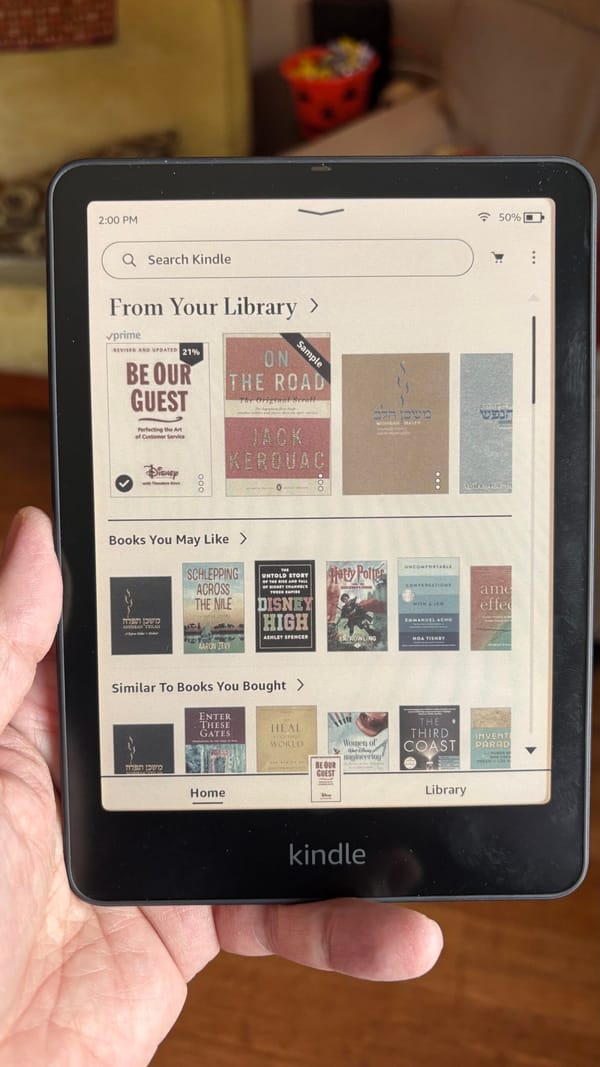The Fox and the Bound
Portugal's Domingos Portela de Andrade wasn't the only interesting person I met at last month's German Marshall Fund reception, hosted by my pal Val's friend, Julia. I also met Julia's squeeze, Adam, who lives in DeKalb, 20 miles west of the Fox River. Julia lives in Greektown, 40 miles east of the

Portugal's Domingos Portela de Andrade wasn't the only interesting person I met at last month's German Marshall Fund reception, hosted by my pal Val's friend, Julia. I also met Julia's squeeze, Adam (no relation to Adam the out-of-towner). Adam lives in DeKalb, 20 miles west of the Fox River. Julia lives in Greektown, 40 miles east of the Fox. Now that's what I call a bicoastal relationship.
I don't think a couple could have a more tenuous claim to living in the same metropolitan area. Julia in downtown Chicago, world-famous for its urbane density, 'L' trains, restaurants, stores, museums, and throngs of people. Adam in DeKalb, not even a suburb - an exurb, known for...well, cows really (astride which I believe is how the majority of NIU students commute to class), and corn and fields and long distances between neighbors. And located about as far west as any Chicagoan's boyfriend could be without losing all major-league sports bragging rights.
Ordinarily, I don't have much contact with folks from that far out. But Val and Julia went on a pre-party beer run, leaving Adam and me to make small talk. Very small talk. Miniscule. One of us said "hey", the other grunted, and then we stood there, desperately trying to think of something to say to each other. I have to hand it to Julia. For a downtowner, trying to find common ground with someone from rural America can be a challenge.
"So where are you from?" I asked.
"DeKalb. I work at a school out there."
"Oh really? Wow, I thought you lived in the city with Julia."
"Oh, no, no. Out in DeKalb, I don't have to deal with all the city crime and stupidity."
"I hear you," I lied through my teeth. The shill. City crime? - I thought. Does he not read his local newspaper? Thefts, murders, gangs are everywhere these days. Do you know what a criminal calls an unprepared exurbanite? Fair game.
But I was in a charitable mood. Perhaps it was the promise of free beer. I continued, "But why DeKalb? Why not someplace closer in, like-" I tried not to roll my eyes "-St. Charles?"
"Oh, I used to live closer in. But in Dekalb, we have so much space. St. Charles is too close to the city."
By now my head was spinning at those unfathomable words - St. Charles is too close to the city. Close to the city? Was he mad? I can't even get there on Metra and he thinks it's close to the city?
I wanted badly to point out to him that yesterday's Brookfield is today's St. Charles is tomorrow's Lafox is the day after's DeKalb. It's the suburban equivalent of gentrification, only with farmland. Herds of cows get pushed out into the lower-rent fields while development steps in and transforms Farmer John's homestead into Biff and Trixie's split-level.
I bit my tongue and, for a split-second, wondered if the quizzical look on Adam's face was because he could see a trickle of blood dripping down my chin. I prayed inwardly for Val and Julia to return and save me from the need to be a hypocrite in order to continue to engage in this hopeless conversation.
And then Adam said the magic words. "Plus, out in DeKalb I don't have to drive as much."
"Huh?"
"Yeah, traffic's a lot less. I spend less time in the car and more time in my life."
Ding ding ding ding ding! No more calls, we have a winner! I hoped I hadn't just said that out loud. But as it turned out, Adam's excuse for living in the middle of nowhere was the same as my reason for living in downtown Chicago.
I spend my life taking short walks to work, shopping, and entertainment, with the occasional bus or 'L' ride thrown in. The only traffic jams I ever have to navigate through are the ones that clog the crosswalks throughout the Loop every morning as innumerable suburbanites try -- and fail, usually in the middle of the intersection -- to beat interminable red lights. Otherwise, my waking hours are conveniently spent within a comfortable 20-minute pedestrian radius of my home.
Except for the walking bit, Adam's life is spent fairly the same way. I'm sure 20 convenient minutes behind the wheel in any direction from his DeKalb home is the extent of his existence, too. We both abhor traffic jams and long commutes. We both like to stick close to our neighborhoods. And we both draw an invisible bound in our minds, beyond which life ceases to be worthwhile. We just happen to live on opposite sites of each other's mental wall.
I returned Adam's gaze and said, in all heartfelt sincerity, "I understand."
Of course, over time things will change more quickly and more significantly on Adam's side of the wall than on mine. Downtown will stay downtown; I'll know what to expect from it tomorrow or ten years from now. But DeKalb. With ever and steadily approaching development, I can't help but wonder: where will all those cows be a few years down the line? Or Adam, for that matter? Chicago's suburbs never cease to grow. Not so long from now, more residents, more cars, more traffic, and a lot less driving convenience will likely be the fate of DeKalb, not to mention the rest of the rural satellite towns that orbit around Chicagoland.
But why be alarmist? I let all that go and basked in the success of finally understanding a part of why anyone would want to live as far away from civilization as Adam does. His logic, even if it only stands the chance of being temporarily successful, made sense.
Of course, the realization that the suburbs were starting to make sense to me made me feel dirty all over and when Val and Julia arrived with the booze I had to fight the urge to slosh myself to cover up the shame.




